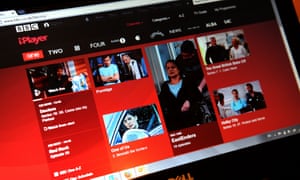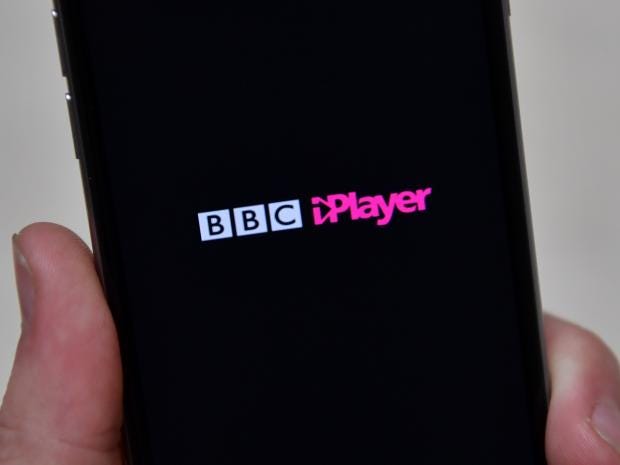BBC
The BBC broadcasts channels on television/online and exclusive shows to follow it's mission to entertain and educate its audience. The channels include: BBC 1, BBC 2, BBC 3, BBC 4, BBC 5 live. The owner of the BBC is the Government.
Print - the BBC isn't known for print as it is a broadcasting service. However, the traditional newspaper audience still rely on the BBC to get up to the minute news mainly because the BBC is ancient.
Broadcast - this is where the BBC makes its money. It is slowly trying to accompany the younger generation as they have recently moved BBC three online. This was a strategic move as many youngsters don't watch television because they rely on the internet to stream movies and shows. Despite this move, they are still meeting their mission of pleasing the whole of Britain because of their objective views on news stories.
E-media - this platform is vital for the BBC to fill because most audiences regularly check the latest news on their smartphones or laptops. This is because its free and easy to access especially because of the BBC news application.
The Guardian
The Guardian is a British national daily newspaper which specialises in releasing newspapers (Newspaper of the year 2014). It was founded 1821 which suggests it's a traditional paper because of its existence.
Print - this suggests they could be publishing newspapers for many years to come as print is its icon. Its a liberal paper which means its left wing and more considerate of others
E-media - they have their website with a simple layout for anyone to use. This is important because the audience of the newspaper would be of an older generation so their technology skills would be basic.
Daily mail
The Daily Mail is a British daily conservative tabloid newspaper which was founded in 1896.
Print - the Daily mail is a right wing newspaper which is traditional. Its audience would be traditional so would be more likely to read the newspaper.
E-media - the Daily mail has a website as its easier for pits audience to get up to date with the news.
The Sun
The Sun was founded in 1964 which is a conservative newspaper.
Print - the newspaper was famous for its 'page 3' as it displayed a naked woman with a background story of them every week.
E-media - it has a website and shows the strange stories on the front cover.
Daily mirror
The Daily mirror is a British national daily tabloid newspaper founded in 1903. It has 'sister paper' called Sunday mirror. The Daily mirror was originally for the middle class reader but now is for the working class audience.
Print - this specialises in producing newspapers.
The impact of Google
1. Google is a great way of getting information and it is a lot more easier than reading a whole newspaper to get information. This means that people can easily get information as they get what they want.
2. 'More than $40 billion, or about 60% of the ad revenue the industry generated at its peak in 2000'. This suggests that newspapers aren't making as much money as they once were.
3. From around 2006, we have seen the steepest decline in newspapers mainly because of advertising. This is definitely because of the increase in technology.
4. I believe Google is one of the reasons why newspapers are in decline because its the easiest source of getting information.
5. I slightly agree with the comment below because audiences are able to research anything they want. This is because its free to access news on these websites so it may need to be restructured for institutions to make a profit.
Obviously, Google is not to blame. I don’t think it’s about blame. I think the Internet is incredibly poorly designed. Rather than being free, everything on it should cost something in order to compensate creators. We have a proven system for doing this through organizations like ASCAP and BMI. The principal of royalties for profiting from the content of others is well established. Google came along, and, at least in the case of Youtube, knowingly robbed content creators for years in order to build up the business. The ideal system would be one in which every click resulted in a nano-charge on your phone bill, maybe 1/1000 of a cent for a news story, for example. Sites like Google that link to other sites could also pay in very tiny increments.
I disagree with this comment because the audience have the power to get information they want for free and some of it isn't mediated. If we view this comment from an institution's perspective, then this isn't good because they can't make as much money as they could.
Sorry, you didn’t convince me. So what if they didn’t invent the Internet. They did figure out a good way to advertise on other people’s content without sharing anything with the people who did the work. They could have built a system that actually paid the content creators. They could have tossed in a microcent every time someone clicked on a search link. But no, they kept ALL of the money for themselves. And they still do it. They seem to think that Google News is a service. It’s just a leech on the hardworking reporters.





